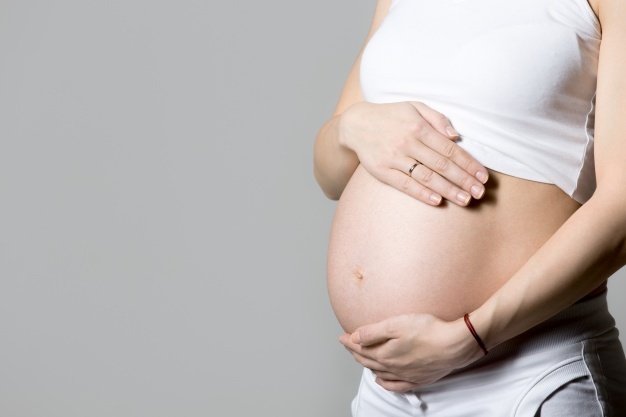Pregnancy is a remarkable journey filled with anticipation and excitement. However, it also brings about numerous physiological changes in a woman’s body. One organ that undergoes significant alterations during pregnancy is the liver. While the liver plays a crucial role in various bodily functions, it can also be affected by pregnancy-related conditions. In this article, we will delve into the connection between pregnancy and liver health, providing essential information for expectant mothers.
Understanding the Liver’s Role During Pregnancy
The liver is a vital organ responsible for filtering blood, metabolizing nutrients, and producing essential proteins. During pregnancy, the liver’s workload increases significantly to support both the mother and the growing fetus. It helps process hormones, produce nutrients, and remove waste products. Additionally, the liver plays a crucial role in maintaining blood sugar levels and producing clotting factors.
Common Liver Conditions During Pregnancy
While most pregnancies are uncomplicated, certain liver conditions can arise during this period. Some common liver conditions associated with pregnancy include:
- Intrahepatic Cholestasis of Pregnancy: A condition characterized by severe itching, particularly in the palms of the hands and soles of the feet. It is caused by bile acids building up in the blood.
- Hepatitis: Viral hepatitis, especially hepatitis B and C, can pose risks to both the mother and the fetus.
- Acute Fatty Liver of Pregnancy: This is a rare but serious condition that can lead to liver failure. Symptoms may include nausea, vomiting, and abdominal pain.
- HELLP syndrome: This severe pregnancy complication is characterized by hemolysis (breakdown of red blood cells), elevated liver enzymes, and low platelet count.
Factors Affecting Liver Health During Pregnancy
Several factors can influence liver health during pregnancy, including:
- Pre-existing liver conditions: Women with underlying liver diseases may experience complications during pregnancy.
- Nutrition: A healthy diet rich in fruits, vegetables, and whole grains is essential for optimal liver function.
- Medications: Certain medications can affect liver function, so it is crucial to consult with a healthcare provider before taking any new medications during pregnancy.
- Genetic factors: Genetic predisposition can increase the risk of developing certain liver conditions.
Preventive Measures and Management
To maintain a healthy liver during pregnancy, it is essential to:
- Follow a balanced diet: Consume a variety of nutrient-rich foods to support liver function.
- Stay hydrated: Drink plenty of water to help flush out toxins.
- Regular prenatal care: Attend all prenatal appointments to monitor your health and detect any potential complications.
- Avoid alcohol and tobacco: These substances can harm both the mother and the developing fetus.

Conclusion
Pregnancy brings numerous physiological changes that can affect various organs, including the liver. Understanding the connection between pregnancy and liver health is essential for maintaining optimal health during this special time. By being aware of common liver conditions, taking preventative measures, and seeking timely medical care, expectant mothers can ensure a healthy pregnancy for themselves and their babies.














